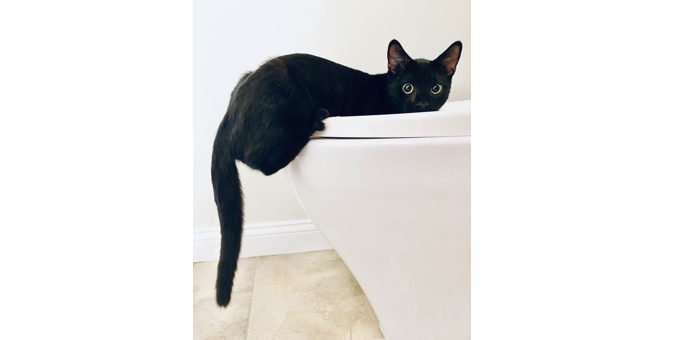Stop Flushing Forests Down the Toilet
The softer your TP, the more we’re all doomed
Katie O’Reilly | Mar 14 2019
Love treating yourself to plush, deluxe toilet paper? Here’s some required bathroom reading.
The average American flushes away 384 trees’ worth of toilet paper in a lifetime, and though we account for just over 4 percent of the global population, we consume 20 percent of the world’s toilet paper. This “tree to toilet” pipeline is not only destroying woodlands and exacerbating the climate crisis but also displacing the communities and creatures that rely on forests. In particular, the loss of intact Canadian boreal forest—the massive carbon storehouse where many North American TP makers source the virgin pulp necessary to make the fluffy two-ply stuff—is impacting Indigenous peoples’ way of life and driving the decline of caribou and lynx species.
Lest you think this story is going to be all crap news, know that there are plenty of toilet paper and tissue manufacturers that make products with recycled content. Just last month, the NRDC released a handy scorecard, The Issue With Tissue, grading the sustainability factors of a number of name-brand products. Three of the best-selling brands in the United States—Quilted Northern, Cottonelle, and Charmin Ultra Soft—fetched shitty grades (D’s or F’s), largely because that sought-after spa-for-your-seat texture requires a lot more carbon emissions to produce. The NRDC gave A’s to brands that use recycled paper content, including 365, Seventh Generation, Natural Value, and Trader Joe’s Bath Tissue; however, the top-of-their-class tissue brands are not exactly on a roll—despite good grades in the regular TP department, 365’s Sustainably Soft and Trader Joe’s Super Soft Bath Tissue varieties both got D’s.
The above content was reproduced from a Sierra Club website with permission of the Sierra Club. ©2019 Sierra Club. All Rights Reserved.



Recently on Twitter